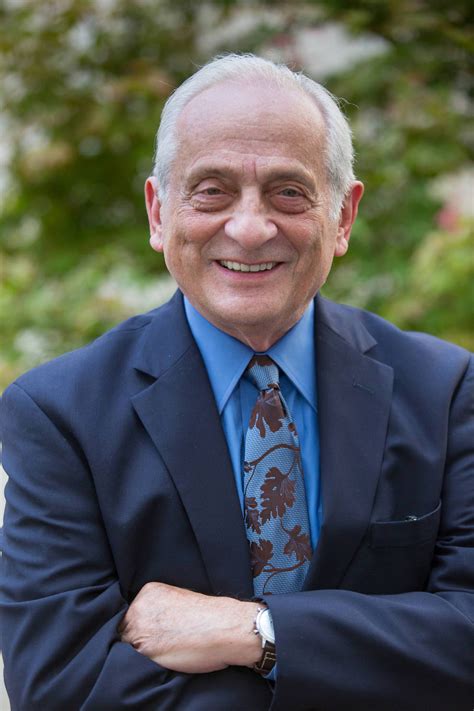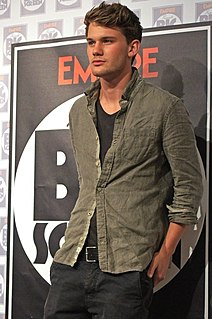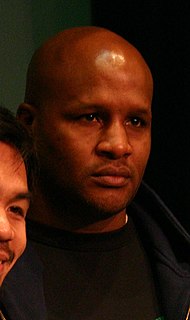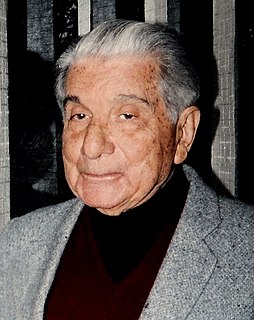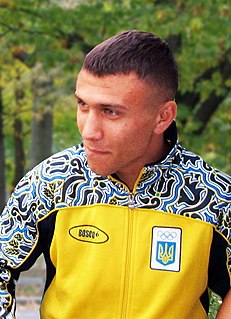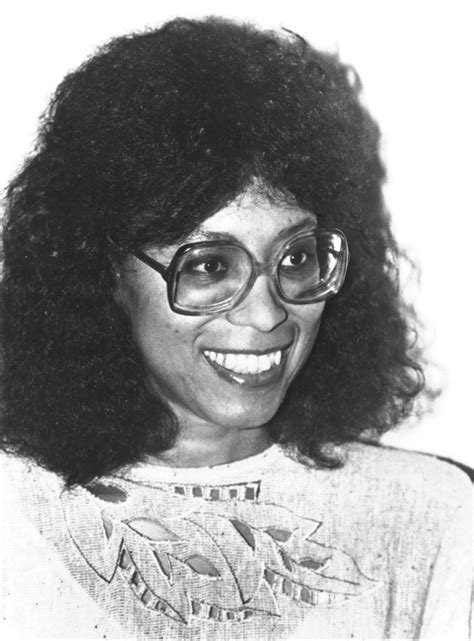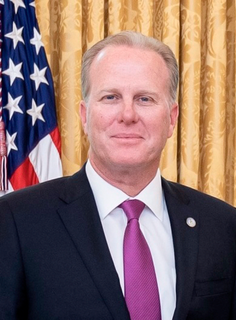Top 1200 History Books Quotes & Sayings - Page 2
Explore popular History Books quotes.
Last updated on November 9, 2024.
White America has seen to it that Black history has been suppressed in schools and in American history books. The bravery of hundreds of our ancestors who took part in slave rebellions has been lost in the mists of time, since plantation owners did their best to prevent any written accounts of uprisings.
Writing of history is our only heuristic principle. The Germans have a word for it, einfühlen. It is the ability to experience the past in the present and to recreate it. In my books, I have tried to recreate it in the most natural way possible: History must be integrated into the story without the weight of premonition.
I'm an expert at killing time on planes now. I do a lot of reading. My secret sort of nerdy side is I'm quite into history so I read a lot of history books. Now I write for a few things and I've had a few history things published, which is cool. I indulge my nerdy side and it's kind of as far away as you can get from the acting world so that's nice as well.
I already optioned a book called The Personal History of Rachel DuPree. I also like The Book of Negroes by Lawrence Hill. And I love all of Octavia Butler's books. She's created some very complicated black heroines with a variety of belief systems. There are many great books out there, but those are a few of the ones that stand out.
I am a product of endless books. My father bought all the books he read and never got rid of any of them. There were books in the study, books in the drawing room, books in the cloakroom, books (two deep) in the great bookcase on the landing, books in a bedroom, books piled as high as my shoulder in the cistern attic...In the seemingly endless rainy afternoons I took volume after volume from the shelves. I had always the same certainty of finding a book that was new to me as a man who walks into a field has of finding a new blade of grass.
Electronic books are ideal for people who value the information contained in them, or who have vision problems, or who like to read on the subway, or who do not want other people to see how they are amusing themselves, or who have storage and clutter issues, but they are useless for people who are engaged in an intense, lifelong love affair with books. Books that we can touch; books that we can smell; books that we can depend on.
There are many important books on oral history. My book was the launch title in the Understanding Qualitative Research series with Oxford University Press. I think what makes my book and all of the series books unique is the emphasis on writing instruction for researchers who want to use the method being described.
There were epochs in the history of humanity in which the writer was a sacred person. He wrote the sacred books, universal books, the codes, the epic, the oracles. Sentences inscribed on the walls of the crypts; examples in the portals of the temples. But in those times the writer was not an individual alone; he was the people.
These books can't possibly compete with centuries of established history, especially when that history is endorsed by the ultimate bestseller of all time." Faukman's eyes went wide. "Don't tell me Harry Potter is actually about the Holy Grail." "I was referring to the Bible." Faukman cringed. "I knew that.
For many people during many centuries, mankind's history before the coming of Christianity was the history of the Jews and what they recounted of the history of others. Both were written down in the books called the Old Testament, [the Torah] the sacred writings of the Jewish people ... They were the first to arrive at an abstract notion of God and to forbid his representation by images. No other people has produced a greater historical impact from such comparatively insignificant origins and resources.
I thought I knew who Alan Turing was. I've always loved history, and I was actually shocked by how little I actually knew. I was amazed this wasn't common knowledge. Why wasn't he on the front covers of my history books? He's one of the great thinkers of the last century, and he was sort of pushed into the shadows.
The rest, with very little exaggeration, was books. Meant-to-be-picked-up books. Permanently-left-behind books. Uncertain-what-to-do-with books. But books, books. Tall cases lined three walls of the room, filled to and beyond capacity. The overflow had been piled in stacks on the floor. There was little space left for walking, and none whatever for pacing.
The difficulty will be to keep her from learning too fast and too much. She is always sitting with her little nose burrowing into books. She doesn't read them, Miss Minchin; she gobbles them up as if she were a little wolf instead of a little girl. She is always starving for new books to gobble, and she wants grown-up books--great, big, fat ones--French and German as well as English--history and biography and poets, and all sorts of things. Drag her away from her books when she reads too much.
I learned a history not then written in books but one passed from generation to generation on the steps of moonlit porches and beside dying fires in one-room houses, a history of great-grandparents and of slavery and of the days following slavery; of those who lived still not free, yet who would not let their spirits be enslaved.
It's a shame for women's history to be all about men--first boys, then other boys, then men men men. It reminds me of the way our school history textbooks were all about wars and elections, one war after another, with the dull periods of peace skimmed over whenever they occurred. (Our teachers deplored this and added extra units about social history and protest movements, but that was still the message of the books.)
In his commerce with men I mean him to include- and that principally- those who live only in the memory of books. By means of history he will frequent those great souls of former years. If you want it to be so, history can be a waste of time; it can also be, if you want it to be so, a study bearing fruit beyond price.
The current publishing scene is extremely good for the big, popular books. They sell them brilliantly, market them and all that. It is not good for the little books. And really valuable books have been allowed to go out of print. In the old days, the publishers knew that these difficult books, the books that appeal only to a minority, were very productive in the long run. Because they're probably the books that will be read in the next generation.
Music endures and ages far better than books. Books, made of words, are unavoidably attached to ideas, events, conflict, and history, but music has the power to transcend time. At least for a time. Palestrina sounds as fresh today as he did in 1555, but Dante, only three centuries older, already smells of the archaic, the medieval, the catacombs.
You're all alone when you're a writer. Sometimes you just feel you need a humanity bath. Even a ride on the subway will do that. But it's much more interesting to talk about books. After all, that's what life used to be for writers: they talk books, politics, history, America. Nothing has replaced that.
I had studied history at Brown and didn't feel like doing anything with it. What does one do with a history degree besides become a historian? And the professors in school, it seemed like they were just writing books for other professors to comment on, and vice versa - it was the most self-referential, boring world you could ever imagine.
To be honest, the core reason why I became an actor was that I didn't want to go to school. That's where it started. I hated opening my history books and my English books, but then, of course, you grow older. I went to film school in New York, and that's when you really realize that you have to grow up now. It's not child's play anymore.

